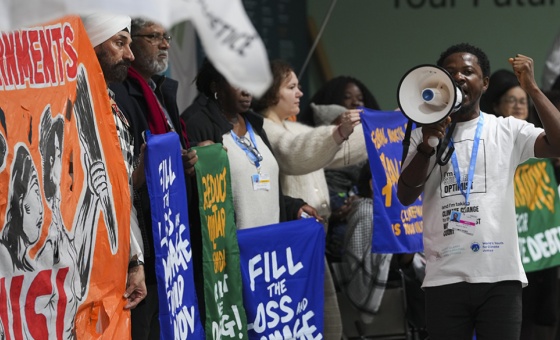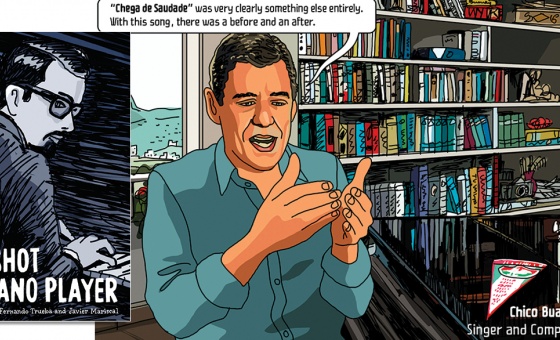This is the last article you can read this month
You can read more article this month
You can read more articles this month
Sorry your limit is up for this month
Reset on:
Please help support the Morning Star by subscribing here
THE Tories are “ploughing ahead” with “spiteful new laws” to limit workers’ right to organise despite a growing list of condemnations, the TUC has said.
Concerns were raised by the union body after the Joint Committee on Human Rights (JCHR) said that the government has failed to allay fears about its Strikes (Minimum Service Levels) Bill breaching international law.
In a letter to the government, it also criticised the inadequate consultation process.
The legislation gives ministers sweeping powers to impose strike restrictions in any service within health, education, fire, transport, border security and nuclear decommissioning.
It has faced widespread criticism.
NHS Providers recently warned that the legislation could worsen industrial relations, harm patient care and lead to more disruption.
The European Court of Human Rights also warned that the legislation could see all striking workers in affected sectors lose their unfair dismissal protection, as whole strikes could be deemed illegal.
The JCHR letter came as the government announced plans to introduce minimum service levels (MSLs) in schools during strikes by teachers after talks with unions came to an end without an agreement.
The government launched a consultation today, inviting views on issues such as priority attendance for vulnerable children, exam groups, children of critical workers and the use of rotas for strikes lasting five days or more.
It aims to have MSLs in place by the next academic year.
TUC general secretary Paul Nowak said MPs, lords and employer groups are queuing up to condemn the “draconian” anti-strike legislation.
“But instead of listening to concerns, the Conservatives are ploughing ahead with these spiteful new laws,” he said.
“These anti-strike laws are a deliberate attempt to restrict the right to strike — a fundamental British liberty.
“Make no mistake — they are undemocratic, unworkable and likely illegal.
“And crucially they will poison industrial relations and exacerbate disputes rather than help resolve them.”
On ministers consulting on MSL in schools, Mr Nowak said that the crisis in public services “is of the Conservatives’ own making,” and hit out at the government for threatening teachers and school staff with sackings instead of fixing crumbling schools and the chronic recruitment and retention crisis.
“It’s plain wrong,” he said. “This is a desperate government looking to distract from its dire record.”
Teaching unions attacked the MSL announcement as “shameful,” accusing the government of attempting to impose further restrictions on the democratic freedoms of teachers.
National Education Union general secretary Daniel Kebede said: “This government wants to be tough on strikes, but not on the causes of strikes.
“We have an education system on its knees… but the government is indifferent to the enormous challenges facing schools and colleges.
“The attempt at dialogue [with unions] was never meaningful. It was disingenuous and cynical.”
NASUWT general secretary Dr Patrick Roach hit out at the government for continuing to ignore how “impossible to secure minimum service entitlements for pupils in an education system so neglected and underfunded [is], instead opting to aggressively quash criticism with this inflammatory policy.
“The government is once again demonstrating its contempt for teachers, at a time when they should be listening to the concerns of the profession and facing up to the crisis in recruitment and retention they have created,” he said.
NAHT general secretary Paul Whiteman said it “could not be clearer” that the government entered into talks with the profession about MSL “in incredibly bad faith,” having set initial proposals “that no union could agree to.”
“They collapsed negotiations by briefing the media first and without ever coming back to the table,” he said.
ASCL general secretary Geoff Barton said MSLs are a “profoundly illiberal policy by a government that has lost the argument.”
“Nobody wants to go on strike,” he said. “It is action that is taken as a last resort when all else has failed.
“But passing a law which effectively removes the right to strike from groups of employees is obviously done in order to weaken unions and the voice of employees over their pay and conditions.”
Unison general secretary Christina McAnea said that if school workers were paid properly, strikes would be rare.
Education Secretary Gillian Keegan said MSL would “help us protect children and young people’s education while balancing an individual’s right to strike.”









